October 14 changed forever the perception of women’s doubles in India. Until then, the event was seen as an unnecessary appendage to the main business of badminton. On the final day of the Commonwealth Games, with India trailing England by a gold medal in the overall tally, Jwala Gutta and Ashwini Ponappa became the toast of the nation as they carved out a win in the final, helping India equalize, before Saina Nehwal lifted the country to No.2 in the tally. The doubles win did more than just ensure another gold medal; it catapulted women’s doubles to the forefront of badminton, alongside the more glamorous singles events. The Bangalore-born Ashwini recounts to Dev S Sukumar how the CWG has changed life for her, and her thoughts on the game:
What’s changed after the Commonwealth gold medal?
Ashwini Ponappa: A lot. We’ve been getting a lot of attention, which is a drastic change. It has given us a lot of confidence. Winning the gold was awesome.
One win has changed everything for you, hasn’t it?
AP: In terms of attention, yes. But apart from that, it’s the same. We were lucky that the CWG was held in India, so there were a lot of reporters and newspeople there. Had it been abroad, I don’t think it would’ve been so big.
Has it been difficult handling all the attention?
AP: It’s been tough, but it’s been different. We haven’t had so much attention before – at least I haven’t. Having to play and meeting people is tough, but you have to manage, I guess. But overall my first priority is to play well, so I have to keep training.
At present our main aim is to qualify for the Olympics, and then to win a medal.
I’ll be playing the mixed doubles at the India Open. I haven’t played too much of mixed doubles, but it’s good. It helps me for my doubles, because I get to cover the net. Now that I’m comfortable at the net, I can move up front.
Were you happy with the performance at the Asian Games?
AP: It wasn’t a bad outing. We beat the Indonesian pair [Greysia Polii/ Meiliana Jauhari], in the team event and this was the first time we beat them. We’d lost to them at the Asian Championships. In the individual event we beat Thailand [Punyada M/ Savitree A]. Against the Chinese [Tian Qin/ Zhao Yunlei] in the second round, we played the wrong game, because they knew exactly what we were doing. They would drive and I would keep. Normally we would get the point, but they were rushing to the net, and I didn’t change my game. We won’t make the same mistake again.
You started as singles player. Shouldn’t players be specifically groomed in singles/ doubles from a young age?
AP: No, because when you’re small you don’t know what has to be done until you get to a higher level. And even if you do well in doubles, it doesn’t mean you won’t perform well in singles. A few players are naturally inclined to doubles, and you realize that later on, not when you’re beginning. You choose only when you come to a senior category. I’m still interested in singles.
Would it be preferable to train doubles players from, say, 13 onwards?
AP: It’s better to start as a singles player and then switch to doubles. If you start as a singles player, you get used to covering the entire court. Then covering a smaller area is easier.
Are you surprised by the sudden turn of events? As a women’s doubles badminton player, did you imagine this kind of attention in your wildest dreams?
AP: I was hoping to win a medal, and we’d played against most of the opponents and we had close matches, but we hadn’t beaten them. This was the first time we beat them. I didn’t know winning the CWG would change things so much – in terms of the attention, having to go here and there…
How will you keep your focus on the game?
AP: You can’t say no to requests. I have to be wise enough to manage my training. If I have to go somewhere I have to take my training clothes and stay fit, which I hadn’t done earlier. When I went to the Sahara Sports Awards, all the top athletes were there. Just because they were there for the awards, they weren’t giving up on training. I was impressed. You can always make time for training.
Has Saina had any influence on you?
AP: No, there’s no one as such. I look at everyone and get the positive aspects from everyone. It’s different – our drills are different. The singles players train more on court. We have a lot of fun while training doubles. We enjoy what we’re doing.
You’re teaming up with Tarun Kona for the mixed doubles…
AP: I don’t mind, because it’s going to help me. It’s a good opportunity. I want to improve my net play. Tarun can play well, I have faith in him. As long as I’m comfortable with my partner, it’s okay.
What’s the game like at the highest level?
AP: Everyone’s defence is so good… for us to crack that defence and not get affected by the fact that the shuttles are constantly coming back (is the challenge). I have to improve my defence. And there’s no harm in tossing. If you’re out of position, just toss. But hitting is our main weapon. Over the past couple of months our game has changed. Jwala’s coming back and she’s good, because she’s deceptive from the back. Since I’ve been playing mixed doubles, my net play has improved a lot.
What’s the one difference between the domestic and international level in women’s doubles?
AP: Here in India, players don’t like playing rallies. We like getting points. Outside, they don’t mind defending or playing rallies.
Photos were taken during a prize presentation in India (2) and during a special photoshoot with French photographer Patrick Bontant that Ashwini Ponappa did together with Jwala Gutta for the foundation Solibad – Badminton Without Borders. A photo album with all stars is in preparation.
![ASHWINI PONAPPA – In the spotlight, at last October 14 changed forever the perception of women’s doubles in India. Until then, the event was seen as an unnecessary appendage to the main business of badminton. On the final […]](https://www.badzine.net/wp-content/uploads/Newsflash-thumbnail.png)
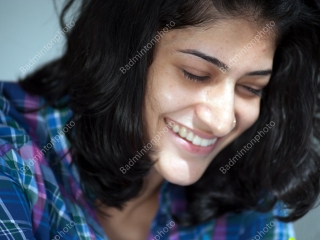

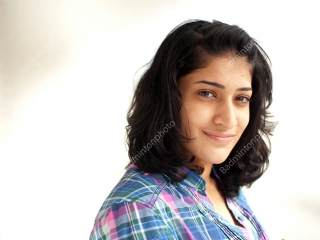
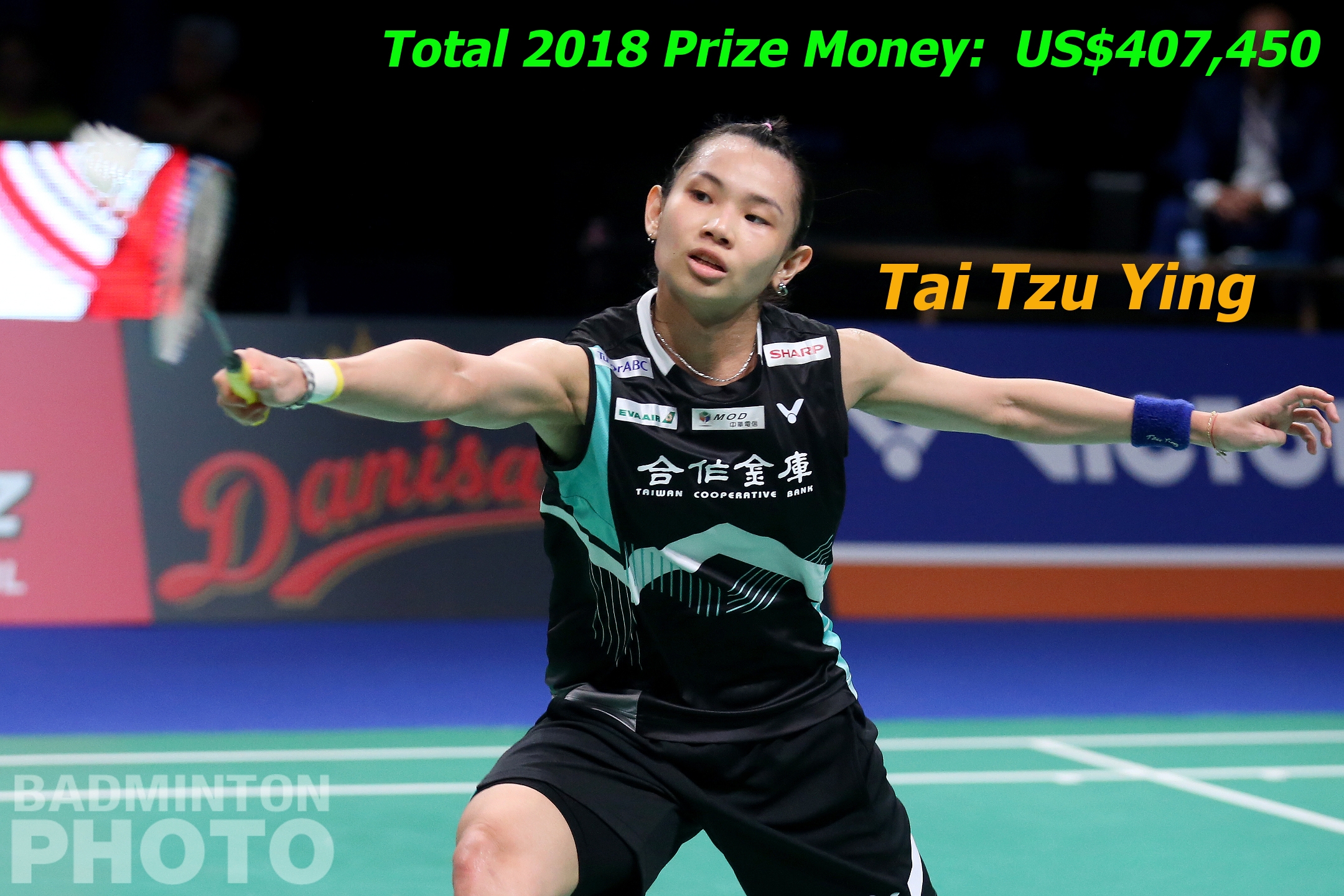
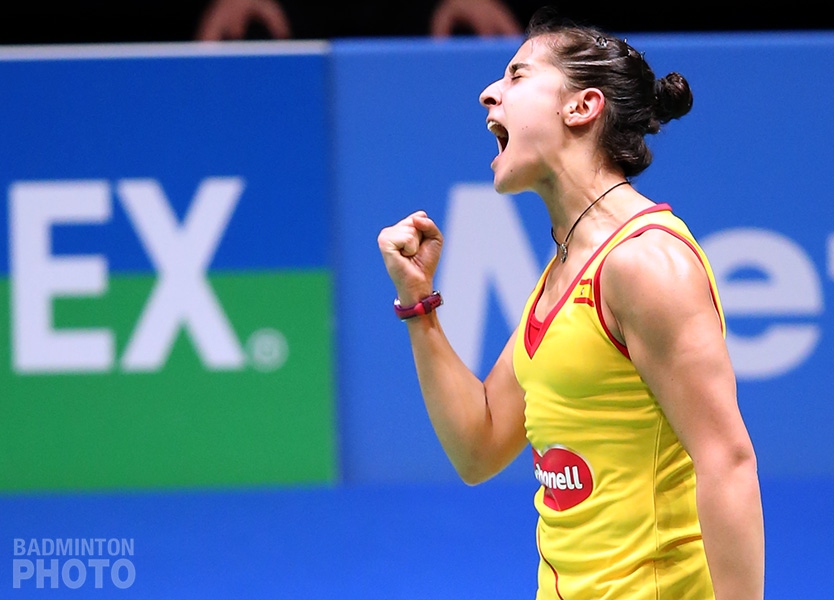
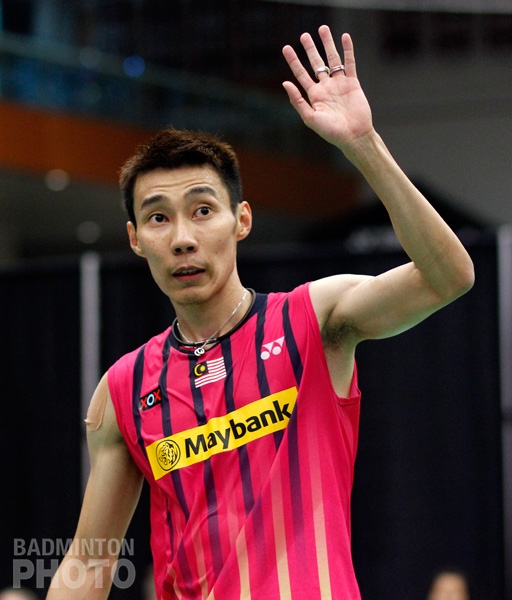
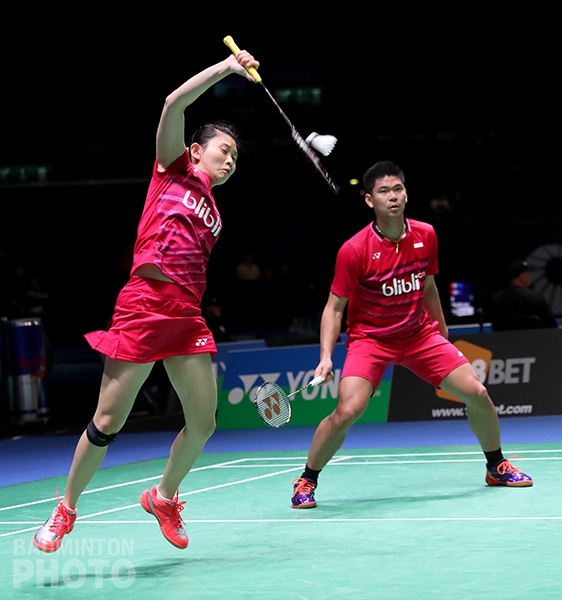
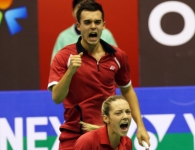
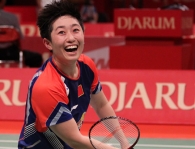
Leave a Reply